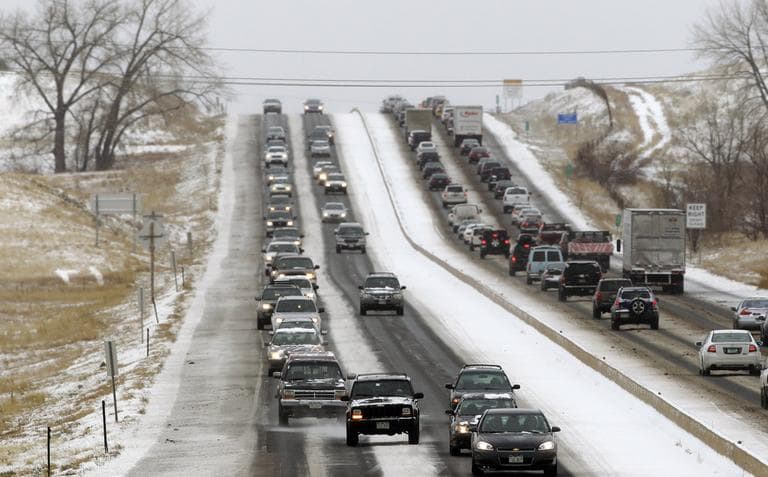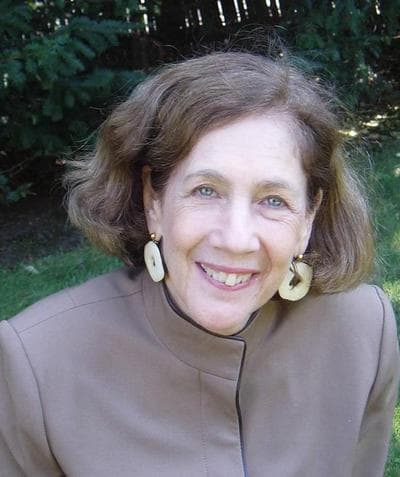Advertisement
A Radical Vision To Make Cars Optional
Resume
The late architecture critic and author Jane Holtz Kay had a radical vision for the U.S. - a society where people would prefer to live without cars.
In her seminal 1997 book, "Ashpalt Nation: How the Automobile Took Over America and How We Can Take It Back," Kay argued that our reliance on cars is made possible by massive government subsidies, and that building our communities around the car was harming our health, our environment and our economic competitiveness.

Kay called suburbs "car-burbs" and pointed out that when cars become the only available means of transport, the young and the elderly who cannot drive become dependent, and the poor who cannot afford cars become marginalized.
Columbia University historian Kenneth Jackson described "Asphalt Nation," as "a powerful and persuasive indictment of the car culture that came to dominate America."
The New York Times called her a prophet of climate change, because in that book she calculated that in less time than it takes us to read this sentence, Americans riding around in cars and trucks will dump another 180,000 pounds of carbon dioxide into the atmosphere, accelerating global warming.
- New York Times: Jane Holtz Kay, a Prophet of Climate Change, Dies at 74
- New York Times: 1997 book review of Asphalt Nation
Guests:
- Julie Kay, Jane Holtz Kay's daughter.
- Joshua Switzky, senior planner for San Francisco's Planning Department.
This segment aired on December 26, 2012.